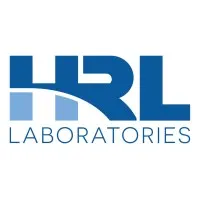Professional Services Solutions Architect
AltiumFull Time
Senior (5 to 8 years)

Candidates should possess a Bachelor's degree in Electrical Engineering, Physics, or a related scientific discipline, along with 5+ years of relevant experience in PCB layout/routing design, stack-up and impedance calculations, and high-speed routing techniques. They must be proficient with Cadence Allegro for board layout and Cadence ORCAD for schematic designs, and have a thorough understanding of the relationship between physical layout and electrical performance, RF performance, and emissions. Experience with multilayer PCB manufacturing processes, including HDI, standard thru-hole and blind/buried vias and back-drilling, as well as rigid, rigid-flex and flex design and manufacturing, is required. Knowledge of signal integrity and transmission line concepts, such as phase matching, crosstalk, insertion/return loss, termination, BGA breakout, fab material selection, etc., is also necessary. U.S. citizenship and the ability to obtain and maintain a security clearance are required, with Active SSBI being a plus.
As a PCB Layout Design Engineer, you will complete the development of CAD layout, including symbol creation, floor planning, component placement, constraints management, and routing. You will be responsible for generating artwork files, ODB+, fabrication and assembly drawings, and electronic PCB documentation for design releases. You will also work with PCB vendors to confirm stack-up design and review impedance calculations, incorporating mixed signal and RF designs into PCBs alongside the hardware team. Furthermore, you will collaborate with cross-functional teams and work in a fast-paced, deadline-driven environment.

Develops cognitive systems for human-machine collaboration
HRL Laboratories focuses on research and development of advanced cognitive systems and human-machine collaboration, enhancing human cognitive abilities through artificial intelligence (AI) and machine learning (ML). The company develops solutions like the ICArUS project, which improves machine interpretation of information, and the MEMES project, aimed at enhancing human memory. HRL operates on a project-based model, serving clients in defense and high-tech sectors by delivering customized solutions and licensing technologies. The goal is to lead in creating cognitive systems that improve the interaction between humans and machines.